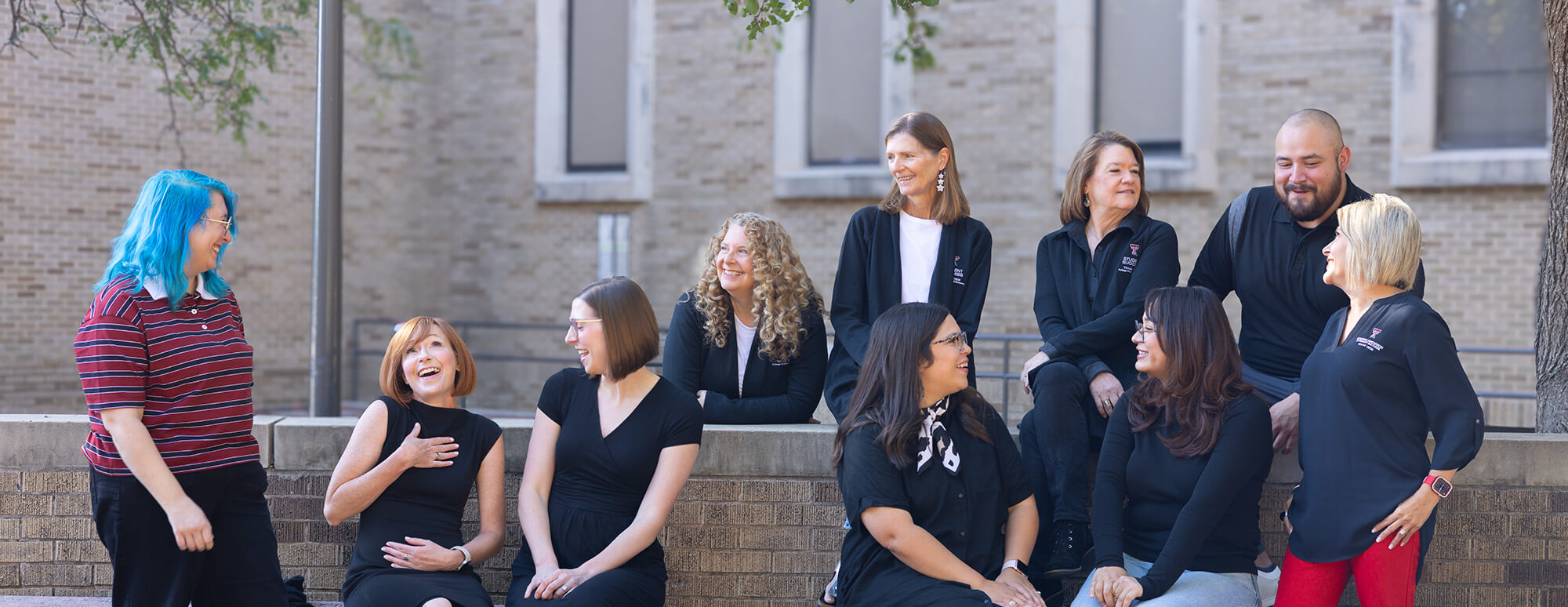
Arts & Sciences Office for Student Success Celebrates 10 Years of Impact Story By: Erin Garcia
The College of Arts & Sciences Office for Student Success at Texas Tech University is celebrating its 10th anniversary, marking a decade of dedicated support for students.
Established in 2015, the Office for Student Success evolved from a small pilot initiative into a comprehensive resource serving thousands across the college. What began as a program with two part-time advisors and a small office space has now grown into a thriving operation. For Stefanie Borst, Ph.D., Associate Dean for Student Success, the journey began unexpectedly.
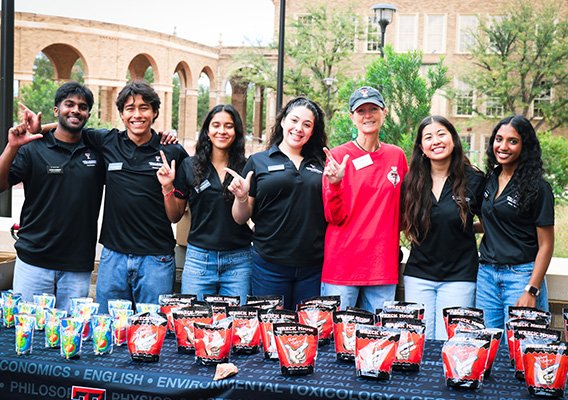
“When I started as an associate dean in the Dean’s Office, I knew I loved being in higher education, and the Dean at the time, Lawrence Schovanec, encouraged me to make the role what I wanted,” Borst said. “He asked me to focus on advising and improving student success, and really that’s where it all began.”
Borst’s curiosity led her to visit other universities to learn how they supported their students. Among those visits, Borst said she gathered ideas and inspiration about ways to provide outreach and create centralized spaces for students to get support.
That inspiration laid the foundation for what would become the Office for Student Success (OSS). Borst hired two part-time advisors to begin reaching out to students whose GPAs had fallen below a 2.0, the minimum requirement for graduation at Texas Tech.
“We started small,” Borst said. “But even with just a few people, we made an impact. Students were coming in, having conversations about their challenges, and making plans for how to improve.”
In 2016, Karen York joined the team as an additional part-time advisor and now serves as assistant director. York brought deep empathy rooted in her own experience as a first-generation college student. Having once struggled academically herself, York said she quickly connected with the office's mission to help students navigate setbacks and rediscover confidence in their abilities.
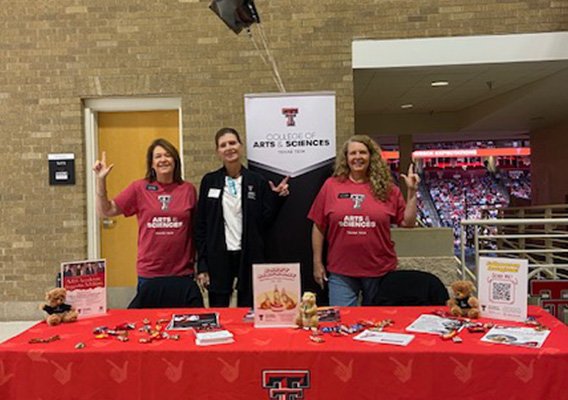
“I know what it feels like to be lost in college,” York said. “I even went on academic suspension once, but I bounced back. That helps me show students that success isn’t always linear. It’s more about growth and resilience.”
Today, the office includes four full-time Success Advisors, three Success Specialists, an embedded counselor, a recruitment team, and a team of dedicated student assistants, who each play a unique role in the student experience.
Advisors meet one-on-one with students who need support, helping them create individualized success plans. Specialists focus on outreach, hosting events like Raider Refresh and midterm wellness fairs, and ensuring that all students know support is available before they hit a crisis point.
OSS also oversees the Student Emergency Support Fund, designed to help students through unforeseen financial hardships. These fund assists undergraduate students in the College of Arts & Sciences who have unmet financial needs related to basic living expenses, such as rent, food, and utilities; educational support items such as books, fees or other class supplies; and family emergencies and other unforeseen circumstances.
“We’re not here just for students who are struggling,” Borst emphasized. “We want all Arts & Sciences students to know that they can come to us at any time. Whether they need a quiet place to study, someone to talk to, or guidance on next steps.”
Laci McDermett, M.A., program director in Biological Sciences, has worked closely with OSS for several years and said the office plays an essential role in helping students overcome academic and personal challenges.
“The OSS team helps students with low GPAs overcome academic struggles by setting them up with an academic success plan to get back on track,” McDermett explained. “We also refer students there for time management, career coaching, or when they need help changing majors. Their support is fantastic and truly helps students bounce back.”
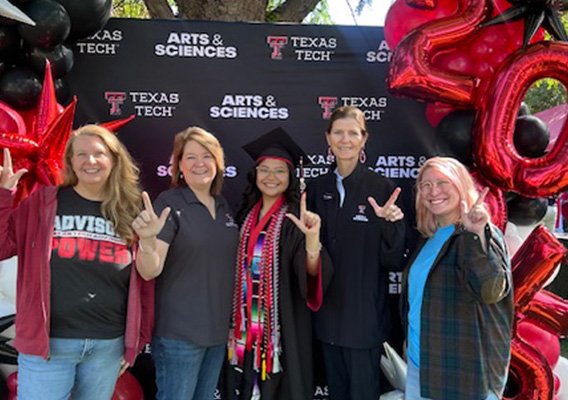
McDermett said the collaborative relationship between departmental advisors, OSS staff, and recruitment team ensures that students receive holistic assistance.
“When we work together, students don’t feel alone,” McDermett said. “The saying 'it takes a village' is true. We all want to see them succeed.”
That sense of community extends beyond students to include parents and families as well. OSS staff host orientation sessions for parents and offer themselves as points of contact when families have questions or concerns.
“Sometimes parents just need to know that someone is listening,” Borst said. “I can’t always solve every problem, but I will always take the time to hear them out. We’re here for families too.”
As the student experience has shifted over the past decade, so has the approach of OSS. From financial stressors to mental health challenges, the issues facing today’s students are more complex than ever. To meet those evolving needs, Borst and her team became certified life coaches, a move that transformed the way they communicate with students.
“We realized that while we were great advisors, there were conversations we didn’t always know how to start,” Borst explained. “Life coaching gave us tools to help students reflect, take ownership, and think for themselves.”
The addition of embedded counselor Laura Crosson, M. Ed., who is shared between OSS and the Student Counseling Center, further strengthened the holistic nature of the office’s mission by bringing a mental health professional to students within the college.
“She’s fully booked all the time,” Borst said. “That tells us how much that service is needed.”
Collaboration has always been at the heart of OSS’s success. Advisors and specialists work closely with departmental advisors, recruiters, and faculty across the college to ensure that students never fall through the cracks.
“We meet regularly with every department,” Borst said. “If an advisor is out on leave or a department needs extra help, our team steps in. We’re all part of one big network working toward the same goal.”
That network also extends to the student assistants who work in OSS. Borst described them as ‘junior professional staff,’ and said they gain such valuable experience from working in that role.
Kyle Roth, a senior psychology major and undergraduate research assistant, said his time with OSS has shaped his college experience.
“When I came to Tech, I knew I wanted to get involved in research,” Roth said, “but working here has shown me another side of the academic world through helping students. Even though my role is mostly administrative, just being in that space where students come in looking for guidance is so rewarding.”
Roth said he believes having student assistants in the office makes the environment more welcoming and when a student walks in and sees another student at the front desk, it makes the situation even more approachable.
“Faculty and staff can seem intimidating at first, but this is a place where you can ask questions and know you’re supported,” Roth said. “College can be overwhelming, but you don’t have to do it alone. That’s what the Office of Student Success is all about. We are a helping hand when you need it.”
As the Office for Student Success continues to celebrate its 10th anniversary this fall, Borst is proud of how far the program has come and even more excited about what lies ahead.
“I hope that in the next ten years, even more Arts & Sciences students and families know who we are,” Borst said. “I want our students to feel confident, not just that they’ll graduate, but that they’ll find meaningful careers. Student success isn’t just about grades. It’s about confidence, connection, and the belief that they can build a good life after college.”
Featured Stories
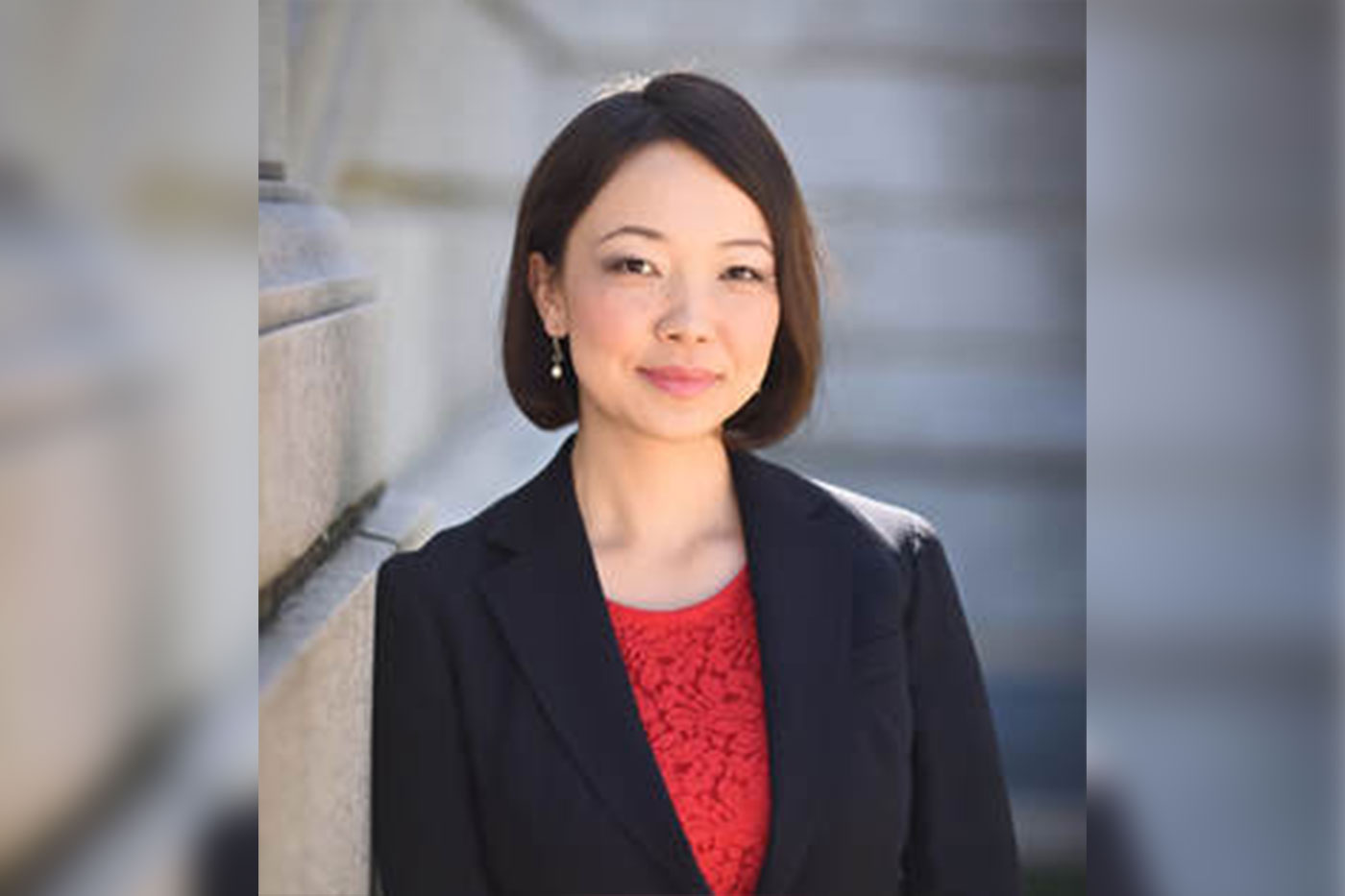


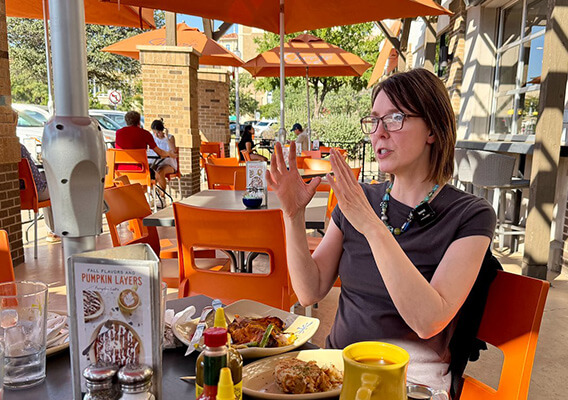
College of Arts & Sciences
-
Address
Texas Tech University, Box 41034, Lubbock, TX 79409-1034 -
Phone
806.742.3831 -
Email
arts-and-sciences@ttu.edu
